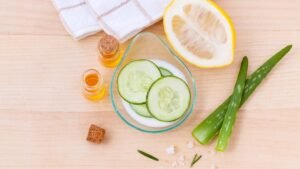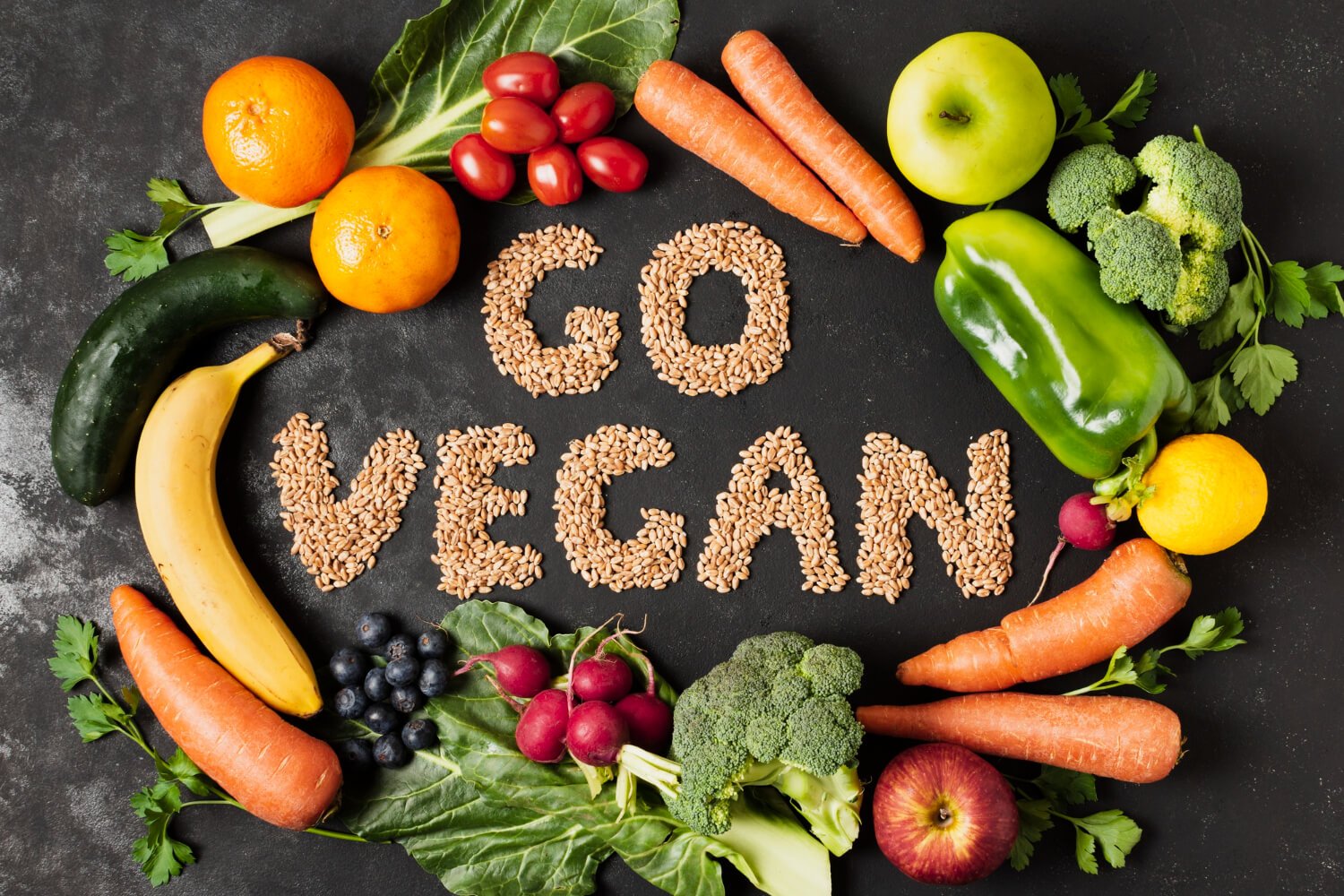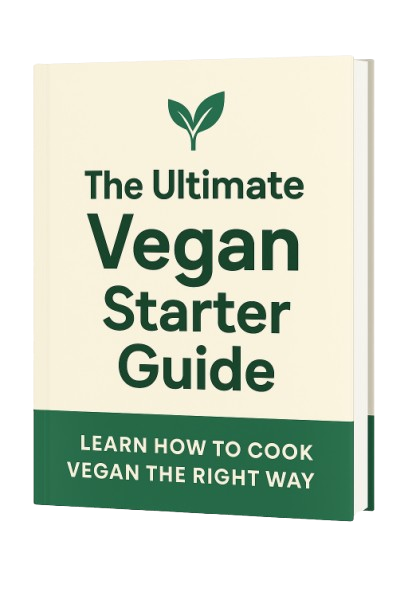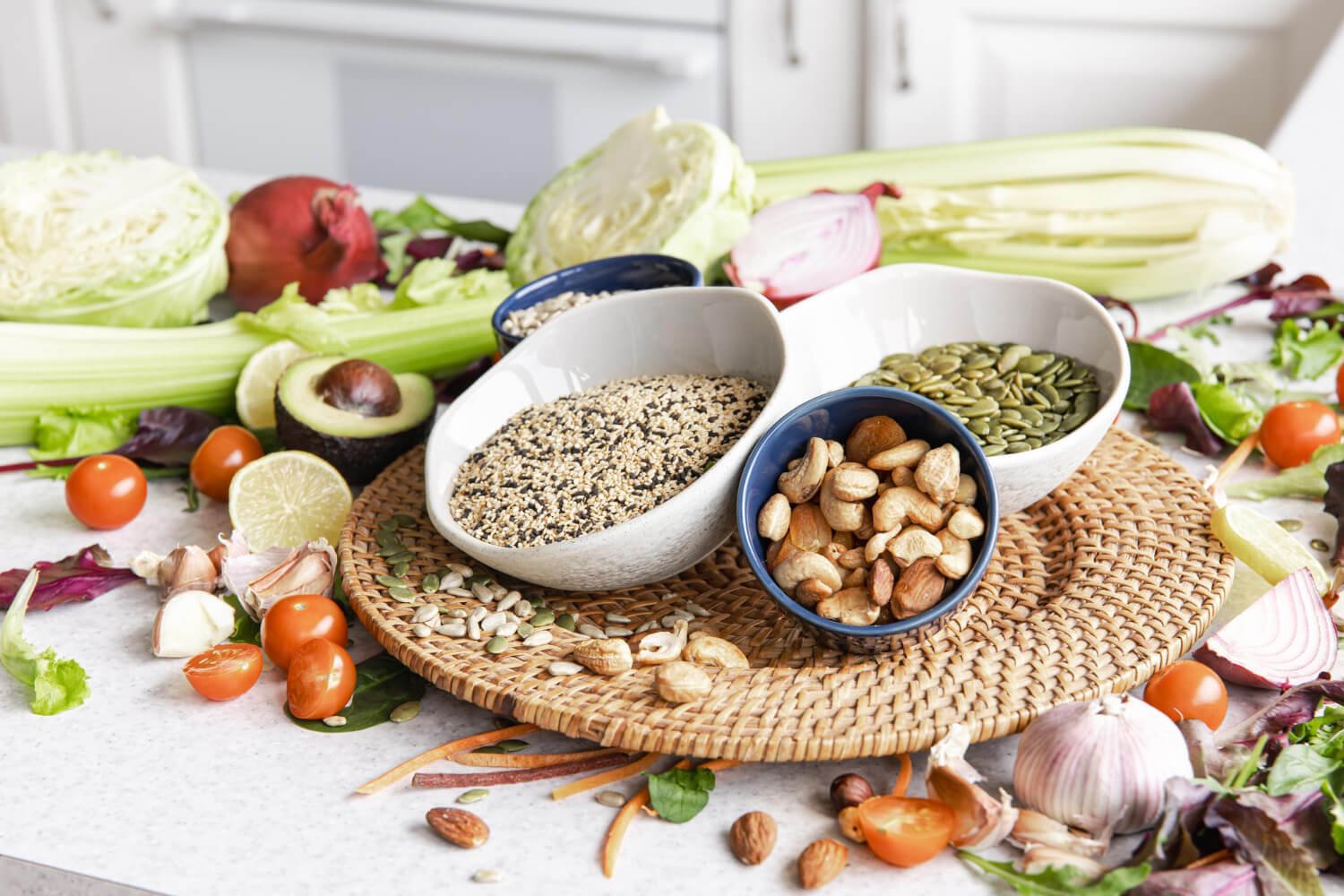
Top Cruelty-Free Vegan Body Care Essentials for Every Season
Finding the perfect body care routine that’s both vegan and cruelty-free can feel like a
🍪 We use cookies to improve your experience and to show relevant ads. By continuing, you agree to our Privacy Policy.



🥦 Veganism is more than just a diet — it’s a lifestyle that avoids the use of animal products in all aspects of life. It promotes:
Kindness – by choosing compassion over cruelty.
Sustainability – through environmentally responsible habits.
Health – by embracing plant-based nutrition and wellness.
From the food we eat to the clothes we wear, every choice reflects a commitment to these values.
But what does it really mean to be vegan, and why are more people adopting this way of living?
The Vegan Society defines veganism as:
“A philosophy and way of living which seeks to exclude — as far as is possible and practicable — all forms of exploitation of, and cruelty to, animals.”
This principle applies to multiple aspects of life, including:
🥗 Dietary choices – avoiding meat, dairy, eggs, and animal-derived ingredients.
🧴 Personal care products – choosing cruelty-free and vegan-certified cosmetics.
👕 Clothing – excluding leather, wool, silk, and other animal-based materials.
🎭 Entertainment – rejecting the use of animals for amusement (e.g., circuses, zoos).
People choose veganism for various reasons:

A healthy vegan diet includes a wide variety of nutritious plant-based foods such as:
🍎 Fruits and vegetables – rich in vitamins, minerals, and antioxidants.
🌾 Whole grains and legumes – excellent sources of fiber and protein.
🥜 Nuts, seeds, and plant-based oils – providing healthy fats and essential nutrients.
🧊 Vegan substitutes like tofu, tempeh, and plant milks – ideal replacements for animal products.

When planned properly, a vegan diet can meet all nutritional needs.
It’s important to consume adequate amounts of:
💪 Protein – from sources like tofu, lentils, and chickpeas.
💊 Vitamin B12 – through supplements or fortified foods.
🥬 Iron and calcium – from dark leafy greens and fortified plant milks.

Get your copy of The Ultimate Vegan Starter Guide and begin your plant-based journey today.
Despite growing awareness, there are still many misconceptions about veganism. Let’s debunk a few:
“Vegans don’t get enough protein.” – Plenty of plant sources are rich in protein like legumes, tofu, and quinoa.
“Vegan food is boring.” – There are thousands of exciting, delicious recipes to try!
“It’s too expensive.” – Staples like rice, beans, and vegetables are very budget-friendly.

Transitioning to veganism can be done step-by-step. Here’s how:
Start replacing animal products with plant-based alternatives.
Try new recipes each week to discover what you like.
Learn to read labels and identify hidden animal ingredients.
Connect with vegan communities for support and inspiration.
Our free eBook answers the most common questions and helps you transition smoothly.
Download Now
✍️ Author's Note: This article was written by The VeganVus Team, a group of passionate plant-based creators dedicated to helping you live a kinder, healthier life. 💚


Finding the perfect body care routine that’s both vegan and cruelty-free can feel like a

Building a wardrobe that’s both fashionable and ethical might sound expensive — but it doesn’t

Living a compassionate lifestyle goes beyond what you eat — it extends into your home,

Embracing a sustainable vegan lifestyle is one of the most powerful ways to reduce your

Embracing a vegan lifestyle goes beyond food — it’s about nourishing your entire being 🌿.
